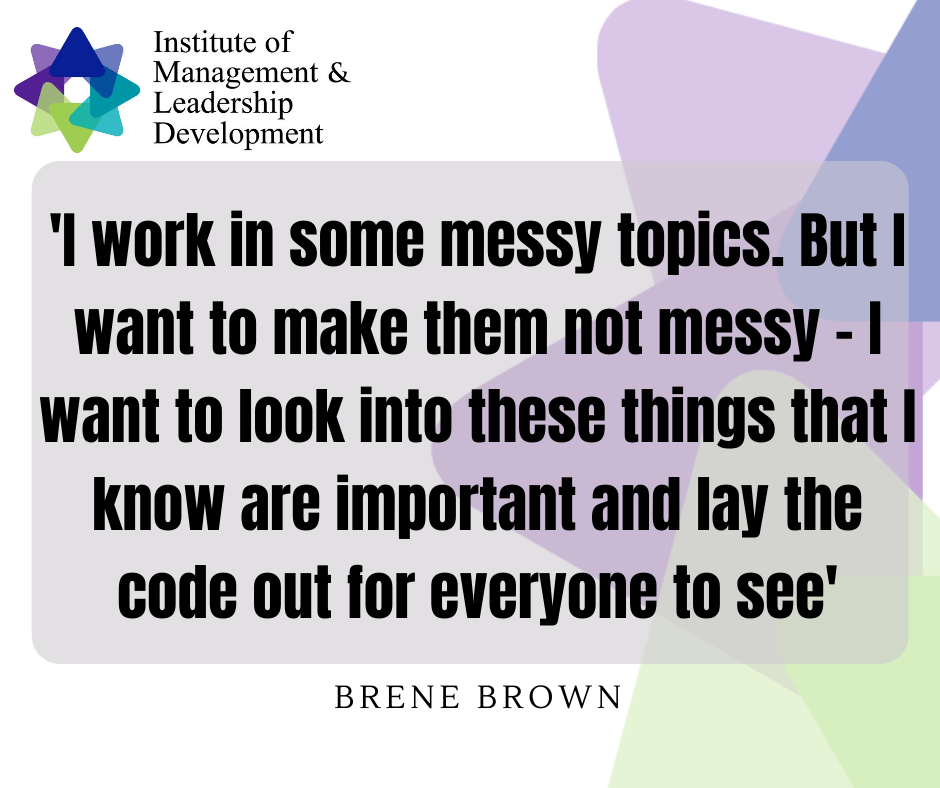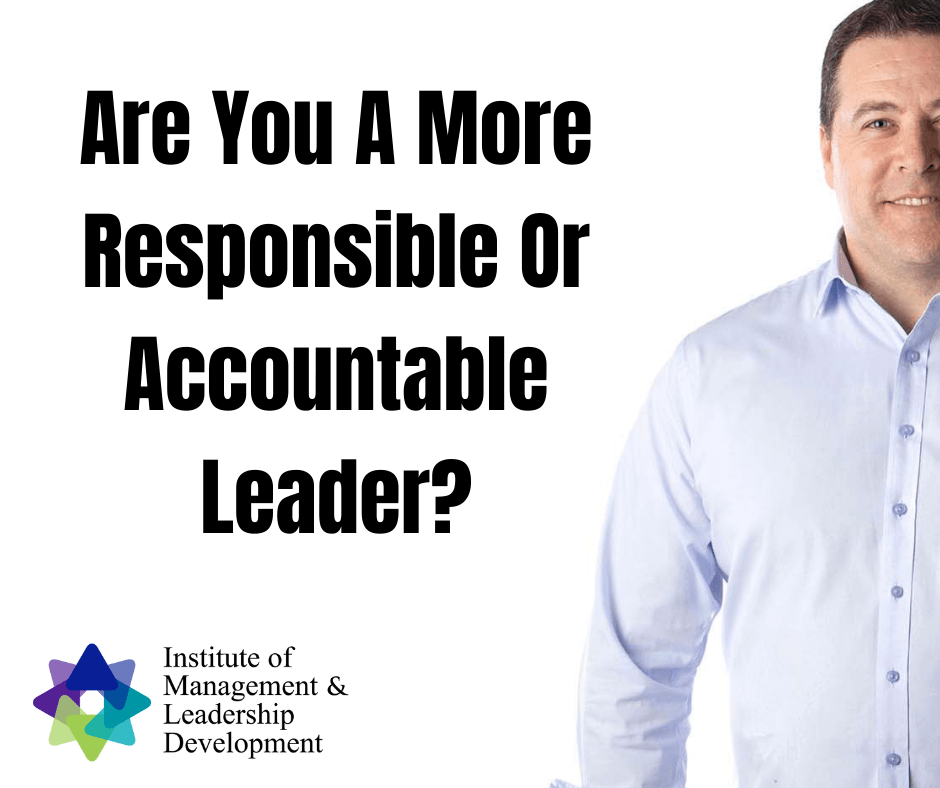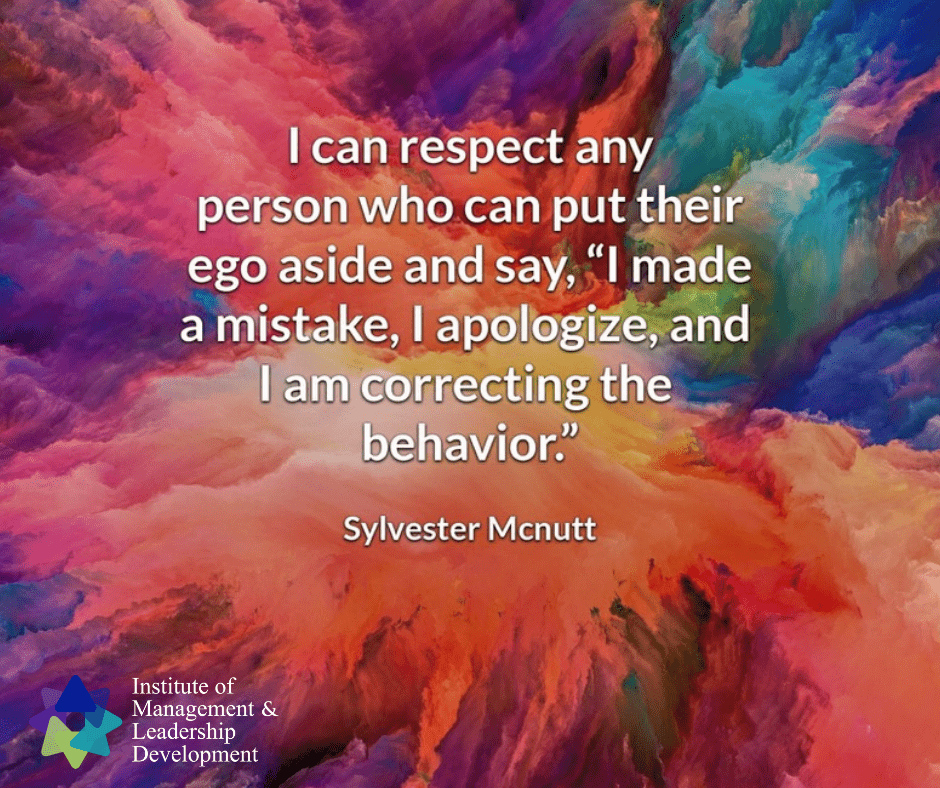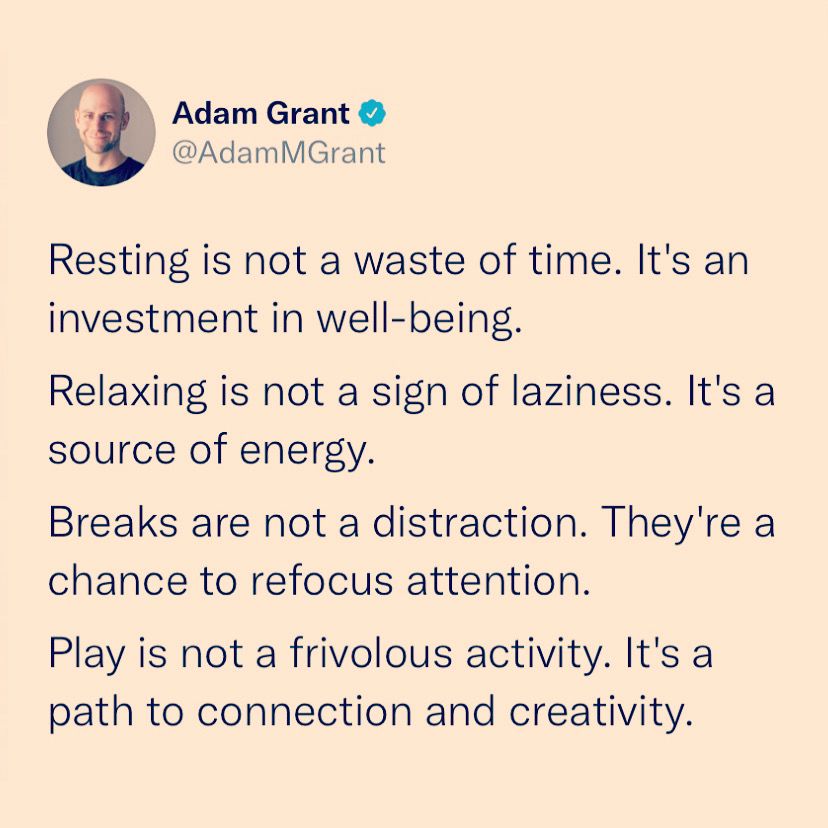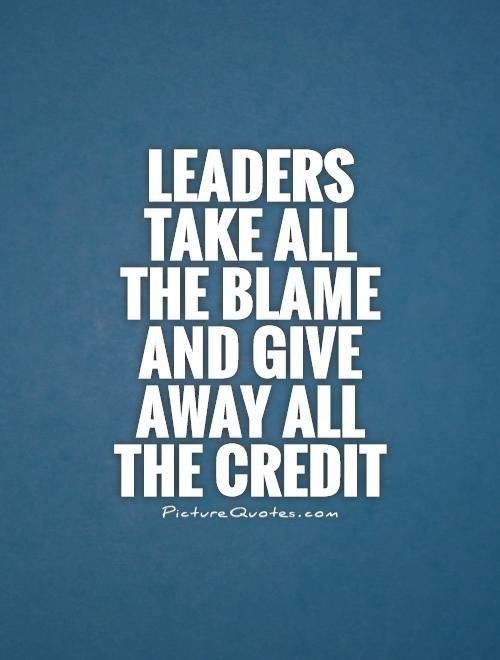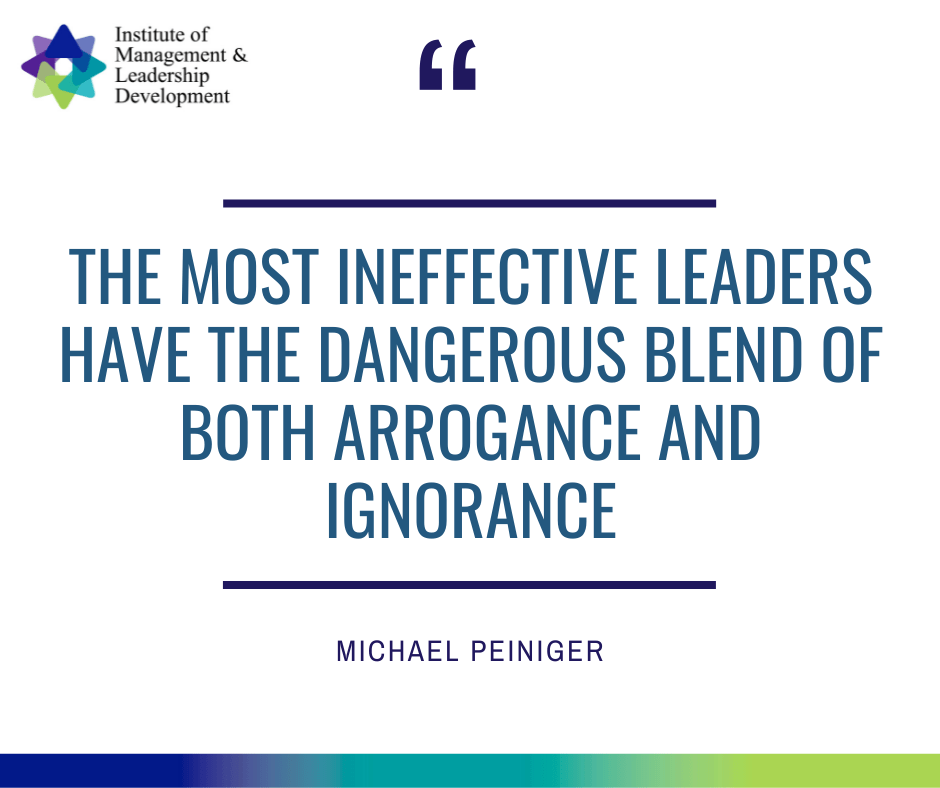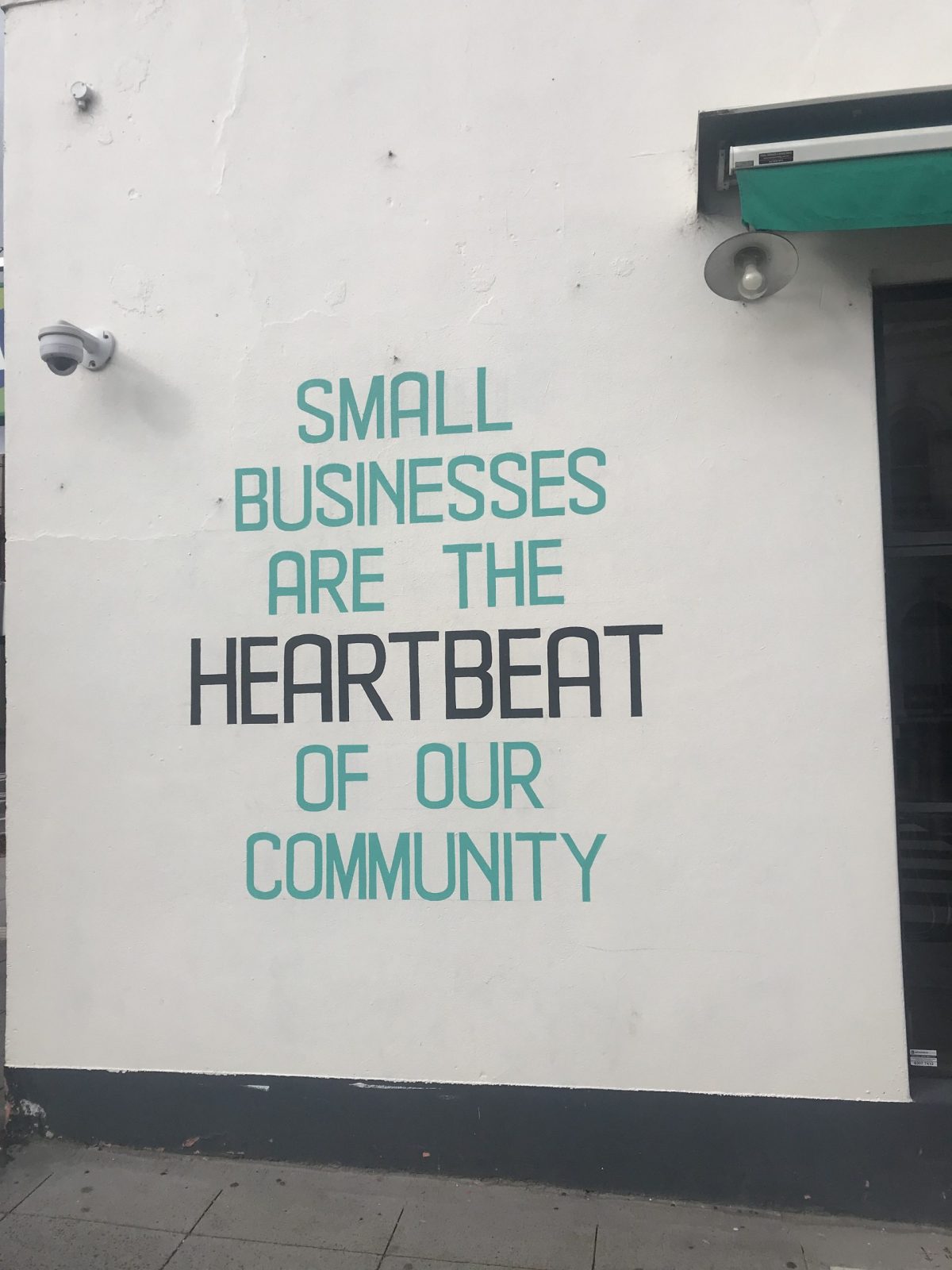You know that feeling when a quote just ‘speaks to you’? That is how I felt when I heard Brene Brown speak about her work in her Ted talk, The Power of Vulnerability. Leadership – and leadership training and coaching – can be messy.
While Brene was talking about research into vulnerability, empathy and shame – it had me think on my work with leadership and teams. Yes – it can be messy, and it certainly isn’t perfect – there are so many variables to leaders and the teams they work with. Yet there are some common truths and practical ways of leading that apply to most teams – if you know what to look for and understand how to apply it (and when). It is that ‘laying out of the code’ that drives me to work with the amazing teams and leaders that I do – and to keep learning.
Leadership and leading others – particularly now when we can see so many challenges in front of us – is more important than ever. It takes leaders getting their hands dirty – and sometimes having to deal with the messy stuff – that often brings out the best in themselves and the people around them.
And that is what I live for.



